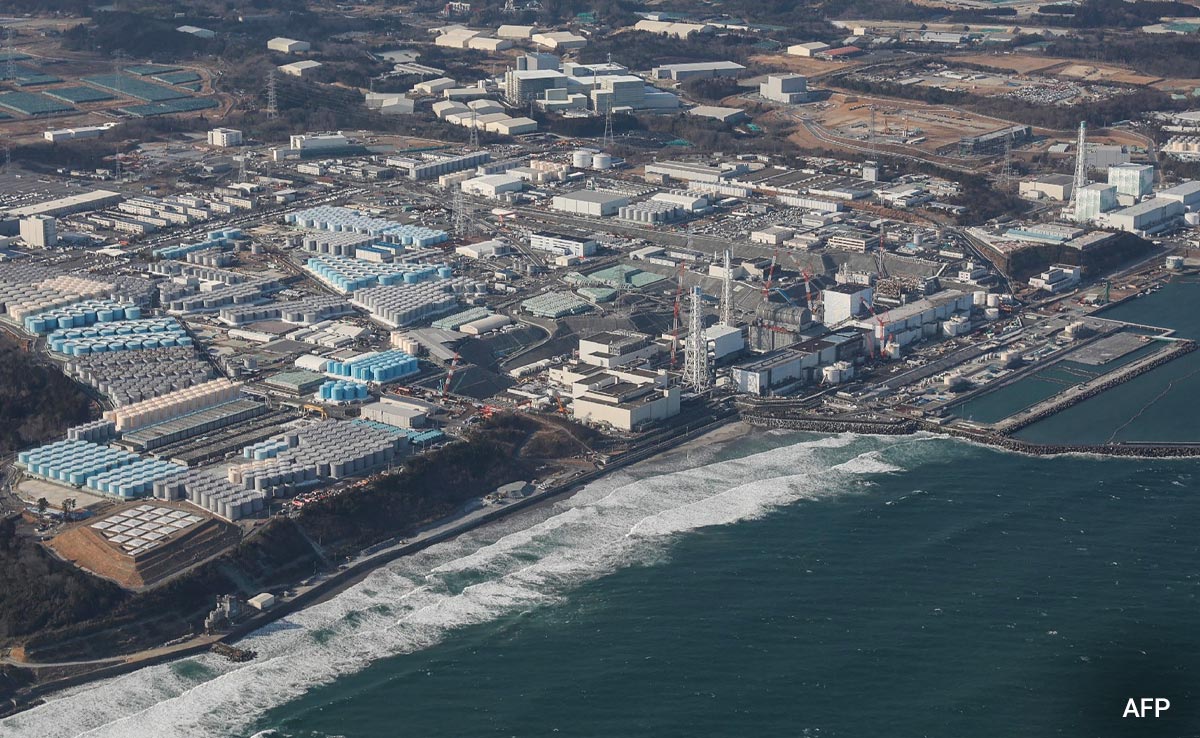
The employee is not facing adverse health issues, the operator of Fukushima plants said.
A worker at Japan’s Fukushima nuclear plant has been found with elevated radiation levels in his nose, according to authorities. This discovery highlights the ongoing challenges and risks involved in the decommissioning process of the plant, which has faced a major nuclear accident in 2011. According to Tokyo Electric Power (Tepco), the employee is suspected to have removed their full-face mask after completing their tasks, exposing them to potentially radioactive materials. Tepco assured on Thursday that the worker is not facing any immediate health issues, and a comprehensive full-body scan revealed no signs of internal contamination.
Also Read | Japan Says Workers Stole Possibly Radioactive Metal From Fukushima
The authorities stated that a comprehensive analysis of the situation will be made available next month.
It was the second such incident in three months after four workers were splashed with water containing radioactive materials in October, with two of them hospitalised as a precaution. The nuclear power facility was wrecked by a huge earthquake and tsunami in 2011 that killed 18,000 people. It was one of the worst nuclear disasters in history.
The clean-up operation is expected to take decades, with the most dangerous part-removing radioactive fuel and rubble from three stricken reactors-yet to begin.
In August, Japan began releasing into the Pacific the equivalent of 540 Olympic swimming pools worth of treated wastewater that had been collected since the catastrophe. Tokyo insists that the water is harmless, a view backed by the UN atomic watchdog, but China and Russia have banned Japanese seafood imports.
(With inputs from AFP)




